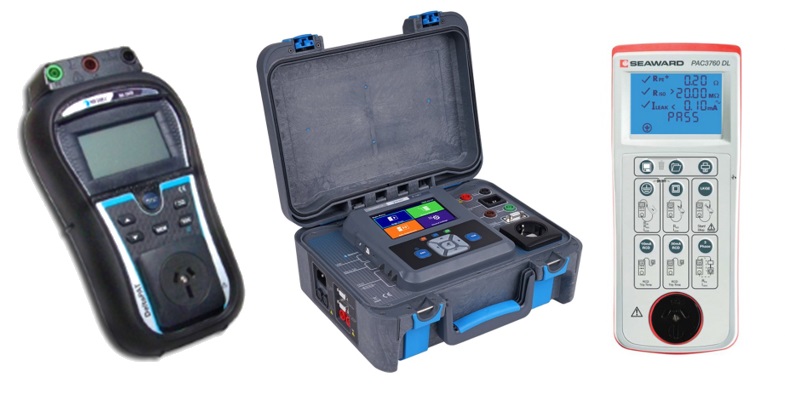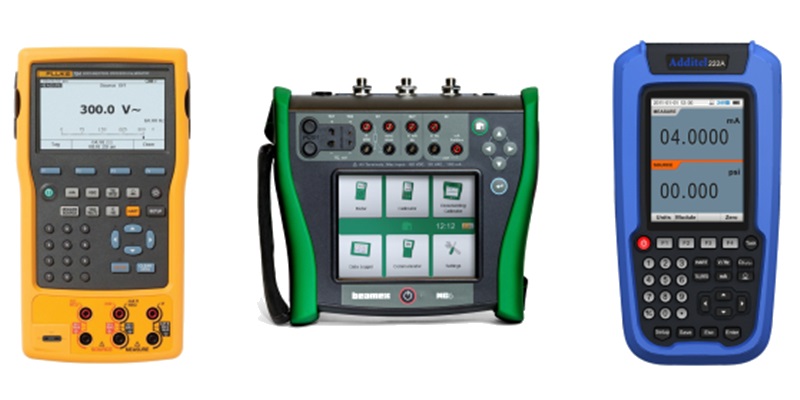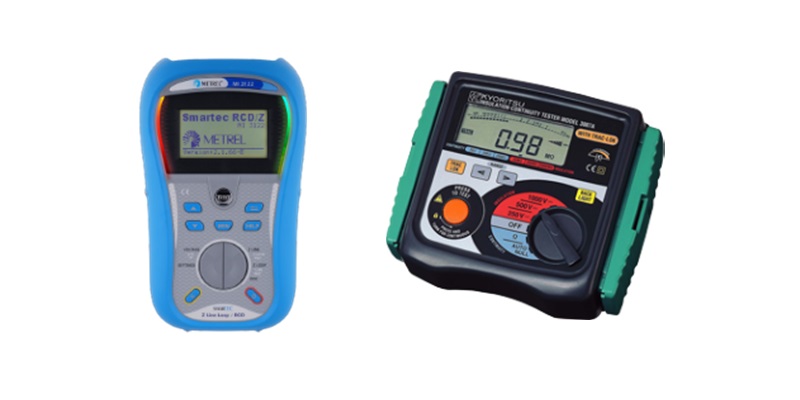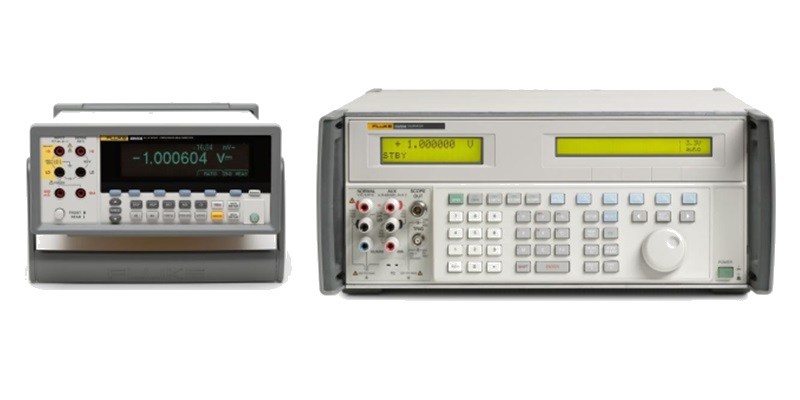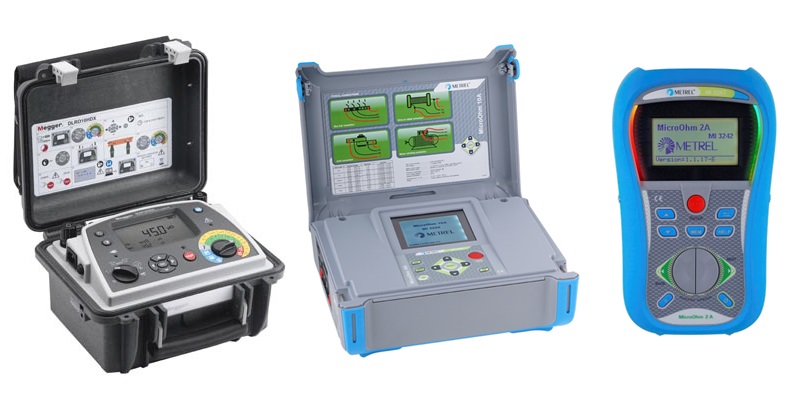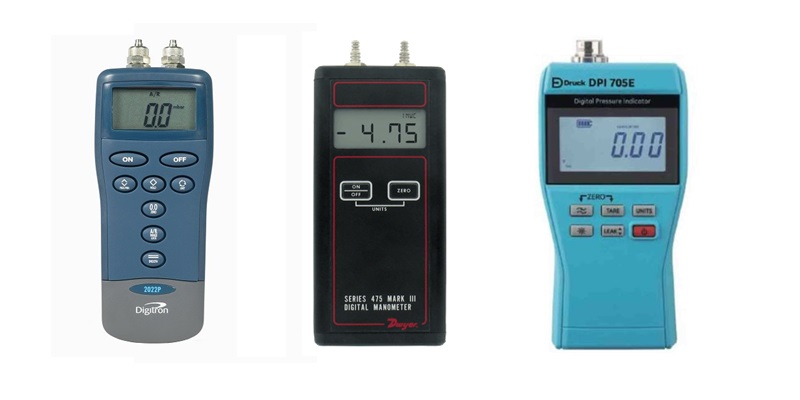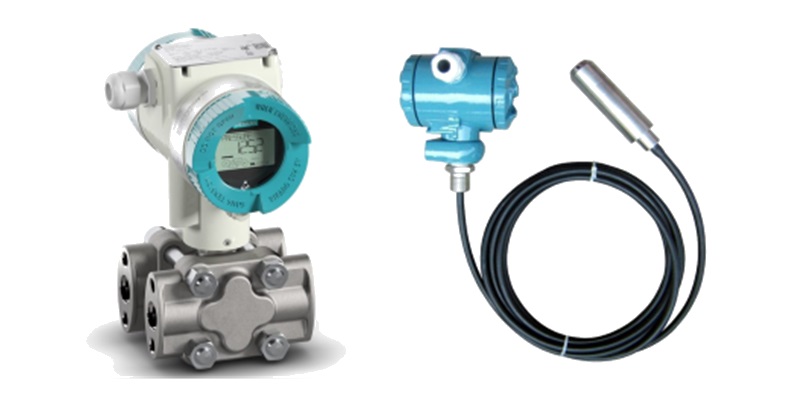Importance for various industries
Calibration services are essential across a broad spectrum of sectors. Each industry has unique requirements and standards, making specialised calibration services not just beneficial but often mandatory for compliance and quality assurance. We ensure your test and measurement equipment is up to industry standards. It’s crucial to choose the right calibration solution tailored to meet each industry’s unique requirements and standards.
Mining Industry
In the mining industry, precision and reliability are critical to ensure the safety and efficiency of operations. Calibration services play a vital role in maintaining the accuracy of instruments and test equipment used throughout the mining process, from exploration and extraction to processing and environmental monitoring. This includes the calibration of devices such as pressure transducers, flow meters, and scales that are crucial for handling materials accurately and safely.
Commonly calibrated instruments also include gas detectors and environmental monitoring equipment, which are essential for maintaining safe working conditions by monitoring the presence of hazardous gases and environmental pollutants. Additionally, the calibration of geotechnical instruments, such as inclinometers and strain gauges, helps in monitoring the structural integrity of mines and associated infrastructure, preventing accidents and ensuring operational stability.
Calibration in mining also extends to the equipment used in refining processes, where precise measurements are necessary for optimising the processing of minerals and metals. This ensures that operations are efficient, waste is minimised, and the impact on the environment is reduced. Overall, regular and precise calibration of mining equipment helps in achieving regulatory compliance, enhancing safety, and boosting the overall productivity of mining operations.
Renewable energy generation
In wind farms, solar farms, and power stations, numerous types of equipment require regular calibration to ensure optimal performance and safety. In wind farms, wind speed sensors, anemometers, and wind direction indicators must be calibrated to accurately measure environmental conditions and optimize turbine operation. Solar farms rely on calibrated photovoltaic cells, pyranometers, and solar trackers to precisely capture sunlight and maximize energy generation. Power stations, whether fossil fuel-based or renewable, require calibration of instruments such as pressure gauges, temperature sensors, flow meters, and control systems to maintain efficient and safe operation. Additionally, protective relays, transformers, and electrical meters need calibration to ensure grid stability and accurate billing. Power quality analysers are important diagnostic and maintenance tools that also require calibration. Calibration of these critical components is essential for maximizing energy production, ensuring equipment longevity, and adhering to regulatory standards in the renewable energy and power generation sectors.
Mineral processing and production
In processing plants across various industries, calibration is imperative for maintaining precise control and ensuring the efficiency and safety of operations. Temperature sensors and controllers are fundamental for regulating heating and cooling processes, ensuring product quality and operational safety. Pressure gauges and transmitters are critical for monitoring vessel and pipeline pressures, essential for preventing overpressurization and ensuring the integrity of equipment. Electrical equipment, including voltage meters, current transformers, and power monitors, require calibration to guarantee accurate measurements for electrical systems’ efficiency and safety. Regular calibration of these diverse instruments and equipment is essential for maintaining operational reliability, meeting regulatory requirements, and achieving desired product specifications in processing plants.








